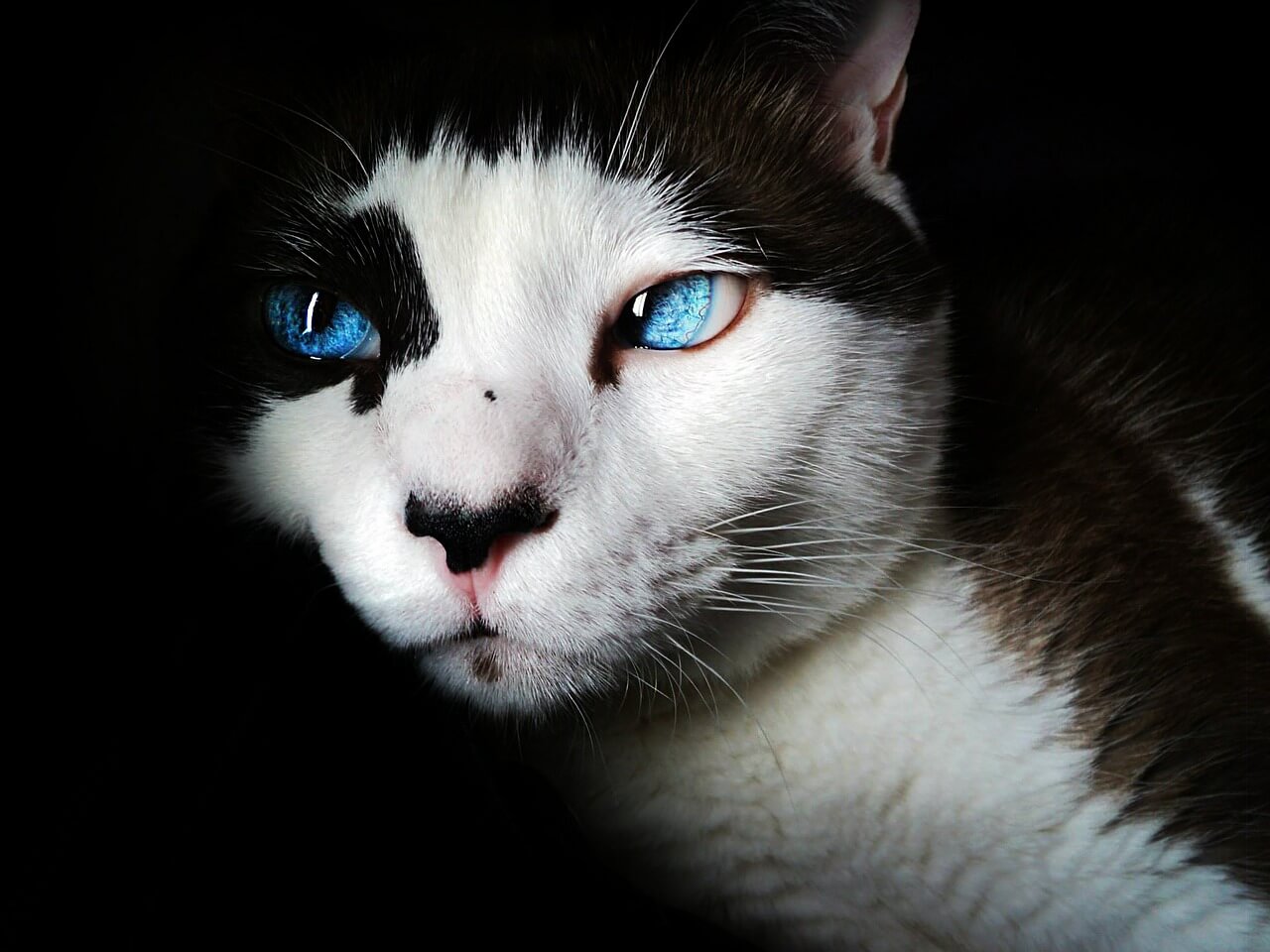While our cats are generally living longer, a feline is still considered a senior at age 11 (about 60 in human years) and geriatric at 15 (76 years for a human). So although your kitty may be young at heart, it is important to remember that senior and geriatric cats are more at risk for arthritis, especially in the hips and spine.
Signs of orthopedic pain are subtle in cats and often not picked up unless the owner is probed with questions about the kitty’s behavior. Cats usually don't complain, so it's especially important to be watchful. Cats who once jumped up onto window sills or counter tops but are now happy to sit on a low chair or the floor are suspicious for lower back pain. Cats who once bounded up the stairs but are now reluctant to go up or down might actually be painful. Inappropriate urination or defecation outside the litter box may also be due to lower back pain as it becomes painful to posture to eliminate.

Radiographs (X-rays) are indicated to assess a cat's spine and hips. If arthritis is present, treatment may include weight loss, pain medications, glucosamine supplementation, therapeutic diets, or laser therapy. Our goal for your aging cat is to be pain-free and to have an excellent quality of life throughout his/her senior years.
If you think your senior cat may be in pain, contact us to schedule an appointment with one of our veterinarians.
